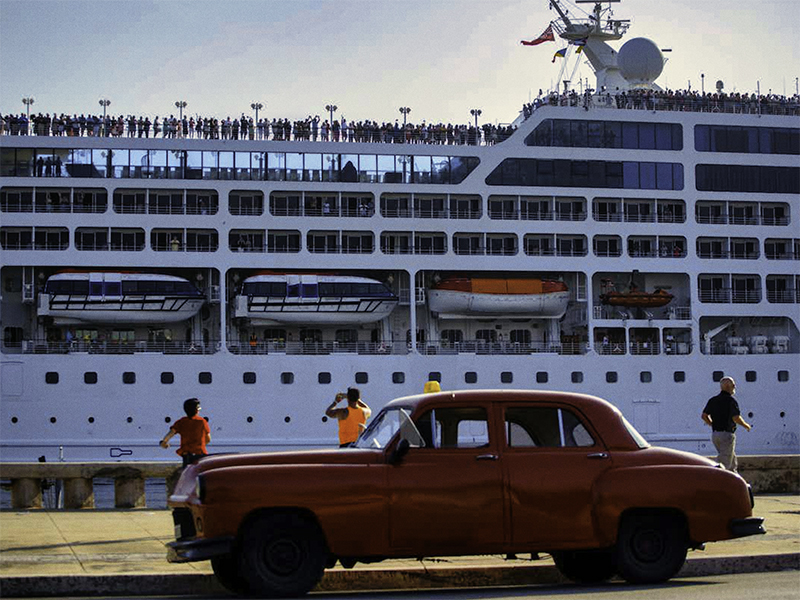The outcome of this week’s UN vote on the embargo is in no doubt, and neither is the tenor of the conversation to follow. As ever, the debate about Cuba’s deep economic, political, and social challenges will be reduced to an either-or proposition.
“Let Cuba Live!” solidarity circles will cheer, portraying sanctions as the root of Cuba’s ills (and generally restricting those ills to the economic realm).
“Embargo? What embargo?” many Cuban government opponents will allege. “It” is a non-factor, and certainly not the problem, in this view; “they” are, meaning the leaders and policies of the Cuban state.
Oddly, to deny that blanket U.S. sanctions have any bearing on the Cuban economy—by pointing to Cuba’s ostensible ability to trade with the rest of the world, or loopholes that allow for U.S. agricultural sales—would seem to deny they have a reason to exist in the first place. What is the point of sanctions, in principle, if they do not actually deprive a country/government/leader of enough economic resources to induce political change?
On the other hand, to contend U.S. sanctions are “the main obstacle to Cuba’s economic development,” a frequent Havana talking point, is to ignore obvious evidence of the need for greater economic liberalization, as the island’s leading economists (and citizens!) have argued incessantly.
The world should be having a more robust conversation about the relative contributions of internal and external factors to Cuba’s deep crisis today, including the government’s treatment of domestic opponents.
But this is not the discussion we will hear. Because what the UN vote does is force states and the international public to take a stance on the “Cuba problem” presented in binary terms, as a matter only of foreign relations (never internal Cuban politics), and in a forum that garners greater global attention than any other in which Cuba is discussed internationally.
Havana knows this, has cultivated it, and will continue to use it to great effect to perpetuate a Cold War-style theater of “you’re-with-us-or-against-us” allegiances. Meanwhile, those who profess faith in the effectiveness of unilateral sanctions as a tool or symbol (despite six decades of evidence to the contrary), or their total irrelevance to Cuba’s problems, often do the same, refusing to accept there can be any debate or point beyond which piling on more hardship to provoke political change requires too high an ethical and humanitarian price.
Historian Lou Pérez was right when he recently referred to the embargo as drifting “in a recurring loop of history…barren of results.” Inertia, circularity, and predictability define the debate around the policy too.
“To recognize the baneful consequences of U.S. sanctions is not to disregard or otherwise dismiss the failures of the Cuban government,” Pérez writes. Unfortunately, that false choice, and its inverse, is still how the debate is framed.
Michael Bustamante, Universidad de Miami.
En español:

“¿Embargo? ¿Qué embargo?”
“¡Dejad vivir a Cuba!”, aclamarán los círculos de solidaridad. “¿Embargo? ¿Qué embargo?”, alegarán muchos opositores al gobierno cubano.











